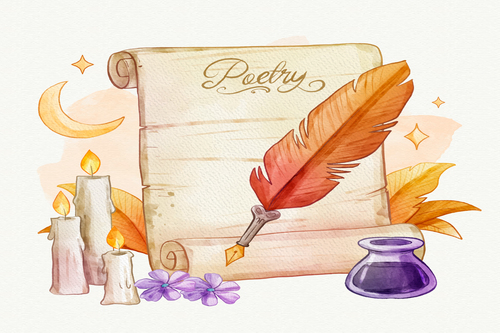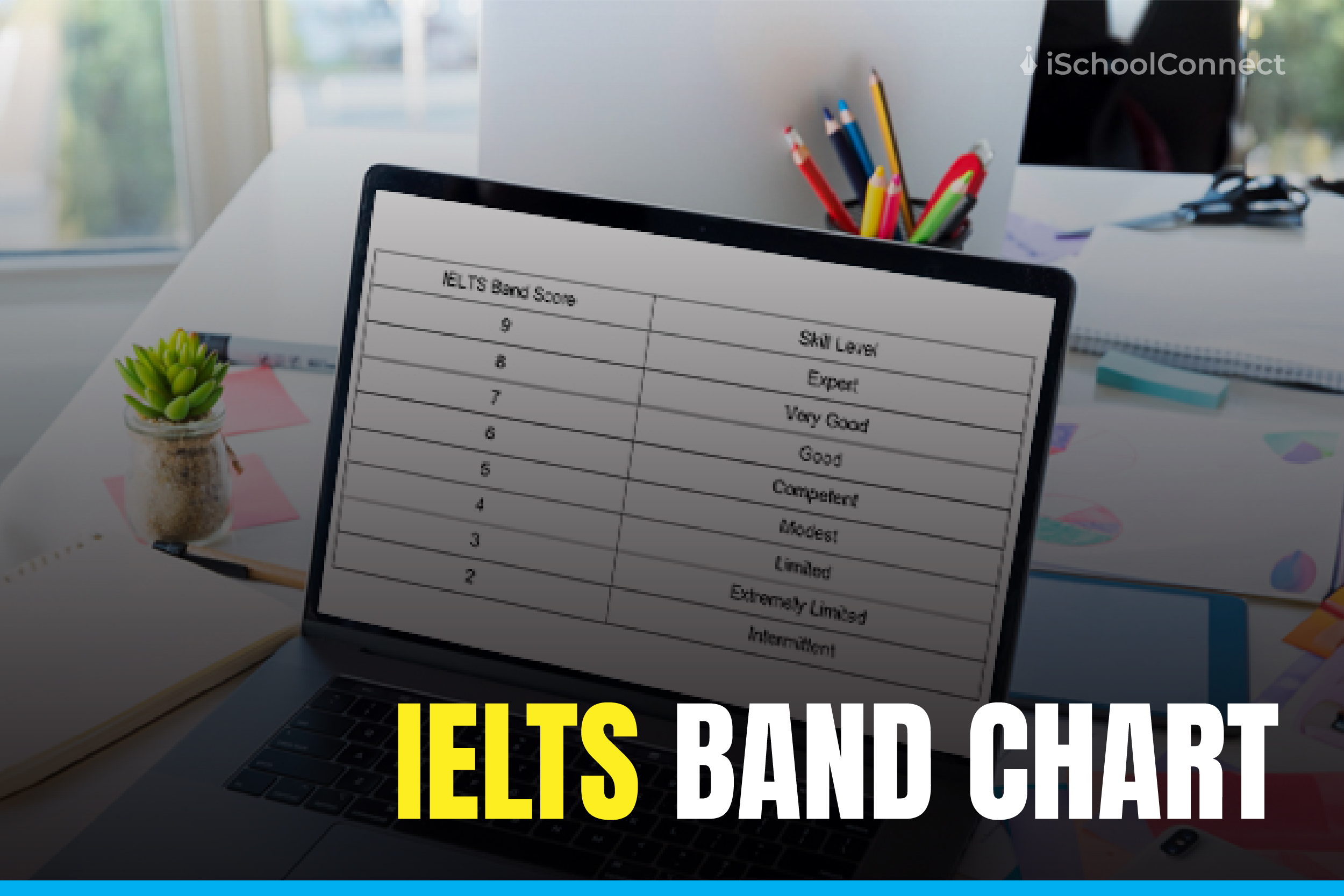Table of Contents
Epigram | What is it?
Epigram originated from the Latin word “epigramma,” which means “an inscription.” It is a short yet interesting and perceptive thought or idea about a particular subject that is expressed in a funny and satirical manner. Additionally, it can be a short saying or a part of a poem that expresses a thought in a witty way.
Epigram pronunciation
Before knowing what an epigram really means, it is essential to know how to pronounce it.
It is pronounced in this way: “eh-puh-gram”
Epigram examples

There are tons of examples from where we get to know what epigram means. In English literature, various poets and novelists have used them as their way of communicating in a witty way. They also use it to put an interesting twist at the end.
One of the most popular examples is Oscar Wilde’s most frequently used poem “I can resist everything except temptation”.
Other examples include:
- “Experience is a name everyone gives to their mistakes.”
- “There is only one thing in the world worse than being talked about, and that is not being talked about.”
- “The coldest winter I ever spent is the summer in San Francisco.”
- “If you can’t be a good example, you just have to be a good warning.” “No one is completely unhappy at the failure of his best friend.”
Here, the usage of epigrams is clearly shown. The writers of these quotes have used them in order to express truth in a manner that the readers can enjoy the quotes as well as they can be aware of the harsh truth.
There are different other examples of epigrams in poems, speeches, songs, and so on.
Examples in Poetry
There are various examples of epigrams in poems. Numerous poets have used them in their poems to engage their readers. Some of the greatest examples are mentioned below-
“Of all my verse, not a single line; But like my title, for it is not mine. That title from a better man I stole: Ah, how much better, had I stol’n the whole.”
In this particular portion taken from “Underwoods” by Robert Louis Stevenson, the witty idea has been expressed that although the title of his poem has been stolen, it would have been better if he could steal a whole poem from a different poet.
A man said to the Universe: “Sir, I exist!”
“However,” replied the Universe, “The fact has not created in me A sense of obligation.”
In the fantastic poetic piece, “A man said to the Universe” by Stephen Crane, the poet expresses the harsh fact that although human beings like to feel important, the Universe does not treat them that way most of the time. This truth was written in an epigrammatic form so that the reader can be aware of the strength of the quote but still enjoy reading it.
There are other examples of epigrams except in poems. There are some specific quotes that are not stand-alone poems, but they are considered epigrams since they contain interesting and short sentences.
Examples in sentences
In William Blake’s poem “Auguries of Innocence,” there is a specific stanza that contains epigrams. It’s part of the long poem, but this specific part is considered epigrammatic by the readers.
“God appears, and God is light,
To those poor souls who dwell in night; But does a human form display
To those who dwell in realms of day.”
There is another example hidden in a larger work. The famous poem “In Memoriam A.H.H.” by Lord Alfred Tennyson is primarily famous for two lines of the full poem that come off as epigrammatic.
“Tis better to have loved and lost Than never to have loved at all.”
These examples are basically a few stanzas that represent epigrams. These are parts of poems that are considered epigrams and are known to express a specific idea humorously.
When should you use an epigram?

Epigrams can be useful when stating a fact with wit, and brevity is essential. Epigrams are highly appreciated as they come off as a short and engaging thought rather than a long monotonous speech. It can be used in poetries, speeches, prose, movies, and television.
Memorable statements tend to become epigrams over time, and epigrams are appreciated only when they contain logic and practicality. For these reasons, they are mostly used in formal essays and philosophy papers.
Why do writers choose to use epigrams?
Epigrams are generally supposed to be used to convey humorous observations briefly and engagingly. Writers choose to use epigrams to display their wit and wisdom in their writings. Epigrammatic writers like J.V. Cunningham and Oscar Wilde use this literary device in their creations to make their poems and proses more memorable since they tend to apply punchlines and rhymes to the writing.
Due to the wit and humor, you will also see its extensive use in the modern advertising and marketing industry. These are also used in everyday conversations, and these non-poetic epigrams are known to be used and function more as aphorisms or folk proverbs.
Key takeaways
- Epigrams are short, exciting ideas that either make up a whole poem or get employed in a poem to make the poem memorable.
- These are used to add dimension and humor to specific writing to engage the readers and make them understand about harsh truths of life.
- Epigrams can be used in poems, prose, movies, television, as well as in daily conversations.
- It is essential to know about their correct utilization to create an effective impact on the readers or spectators.
We hope you enjoyed reading this blog. In case of any queries, reach out to us or drop a comment below!
Liked this blog? Read next: Colloquial English phrases | Spruce up your conversations!
FAQs
Q1. Is an epigram a figure of speech?
Answer- Yes, during the sixteenth to eighteenth centuries, renowned poets like Alexander Pope, William Shakespeare, Samuel Taylor Coleridge, and John Donne made this figure of speech famous.
Q2. Is the epigram a literary device?
Answer- Epigram is undoubtedly an old literary device that originated in ancient Greece and was later adopted by the Romans. It is a rhetorical device that conveys an idea in a pithy fashion that affects the readers and gets their attention. Additionally, they make specific writing more memorable.
Q3. What is the difference between an epigram and an epigraph?
Answer- Epigram is a quick way of delivering an idea in a humorous and engaging way which is similar to aphorism. Whereas an epigraph is a short quotation used at the beginning of a particular text, it can be a book, a chapter, a poem, or an essay, to suggest and define its theme.
Q4. How many lines should epigrams contain?
Answer- An epigram is supposed to be short and interesting. Therefore, it should be brief and should not contain more than six lines. Those having fewer lines with engaging content are easier to remember and immensely impactful.








Wow, incredible blog format! How lengthy have you ever been running
a blog for? you make blogging look easy. The entire glance of your website
is wonderful, as neatly as the content! You can see similar:
sklep internetowy and here najlepszy sklep
Here is my web blog; sklep internetowy